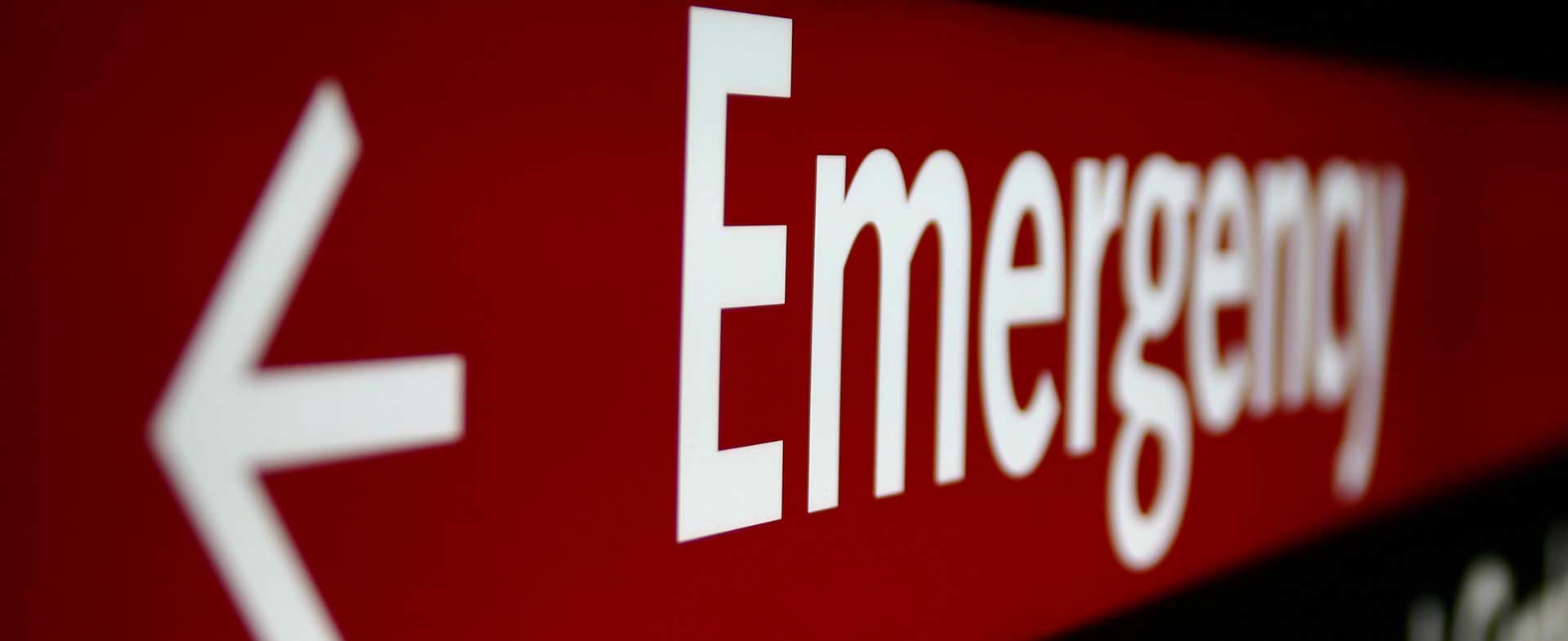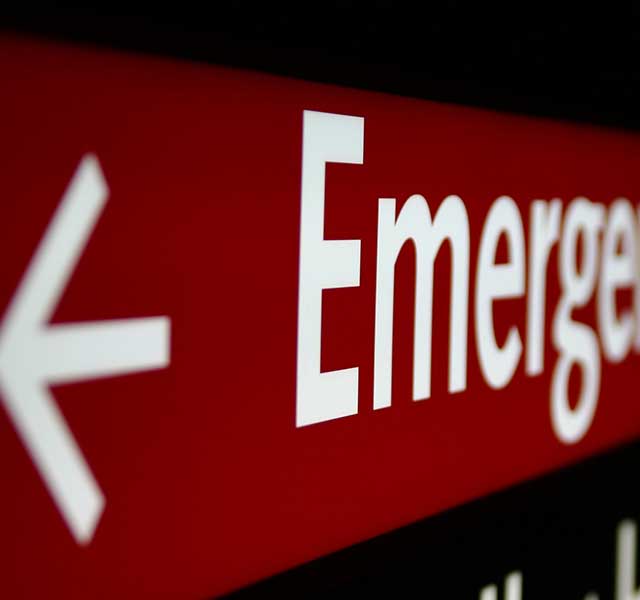Health issues can arise at inconvenient times—weekends, holidays, late hours of the night—and you can’t always get in to see your doctor. That’s what urgent care is for: it’s open on weekends and after hours to treat conditions that aren’t life threatening. If, however, you’re experiencing a medical emergency, you should head to the emergency room.
“Issues like severe burns and injuries, deep wounds and heavy bleeding are for the emergency department,” says Usamah Mossallam, M.D., an emergency medicine physician at Henry Ford Health. “Urgent care is for medical issues that need to be addressed now, but that aren’t life or death.”
When To Go To Urgent Care
Medical professionals at urgent care clinics can see you without an appointment. They can diagnose, treat and manage health issues like:

- Colds, the flu and strep throat
- Sinus pain
- Bladder infections
- Earaches
- Skin rashes
- Minor injuries
- Bug bites
- Allergy symptoms such as congestion, sneezing, runny nose
- Allergic reaction (like a rash or hives)
- Asthma and COPD flare ups
- Minor sprains and strains
- Heat exhaustion (symptoms include dizziness, headache, nausea, weakness, an unsteady gait, muscle cramps and fatigue, heavy sweating, cool and clammy skin, and a fast, weak pulse)
There are a few issues that both urgent care and the emergency department can treat: for example, asthma and COPD flare ups, fractures and cuts. “The severity of the issue can help you quickly decide whether to go to urgent care or the emergency room,” says Dr. Mossallam.
When To Go To The Emergency Room
In the event of a medical emergency, head straight to the emergency room. Emergency room physicians can treat issues like:
- Fractures
- Deep wounds and heavy bleeding
- Fainting
- Head injuries
- Severe burns
- Asthma and COPD flare ups
When To Call 911—And Why Quick Action Matters
If you are experiencing sudden, severe chest pain, or you’re having a severe allergic reaction (i.e., swollen lips, tongue, throat and difficulty breathing), call 911 asap—they will get you to the emergency room.
You should also call 911 in the case of heat stroke. “Primary heat stroke symptoms include confusion, delirium, combativeness, seizures, loss of consciousness and a core body temperature above 104 degrees Fahrenheit,” says Dr. Mossallam. “Other symptoms include hot, red, dry or moist skin with no sweating, a throbbing headache, nausea and shallow breathing.”
Additional signs of serious, life-threatening illnesses Dr. Mossallam says to look out for are:
- Weakness in the face, arms or legs
- Confused or slurred speech
- Loss of vision
- Inability to walk
- Sudden unexplained headache
- Incessant vomiting
- Unconsciousness
- Seizures
- Severe shortness of breath or inability to breathe
In any of the above cases, don’t wait to call 911. Chest pain that ends up being a heart attack could result in heart failure or death, or high blood sugar levels due to diabetes could lead to a coma, kidney failure, nerve damage or blindness.
Another key example of the risks of waiting to get care is when someone is having symptoms of a stroke. With stroke, for every one-minute delay in treatment, about 1.9 million brain cells die, which results in an average of 10 more days' worth of recovery time from disability. That means, for a ten-minute delay, someone might expect 100 more days of recovery, and for a 60-minute delay, that can equal almost two years of recovery—if they survive the stroke.
“When in doubt, call 911 and go to the emergency room immediately,” says Dr. Mossallam. “Stroke teams, neurologists, cardiologists, trauma and orthopedic surgeons—all types of doctors are ready and equipped to treat any type of emergency.”
Reviewed by Dr. Usamah Mossallam, an emergency medicine physician at Henry Ford Health. He sees patients at Henry Ford Hospital in Detroit and Henry Ford West Bloomfield Hospital. Dr. Mossallam also serves as the Vice President and Medical Director of International Initiatives at Henry Ford Health.



